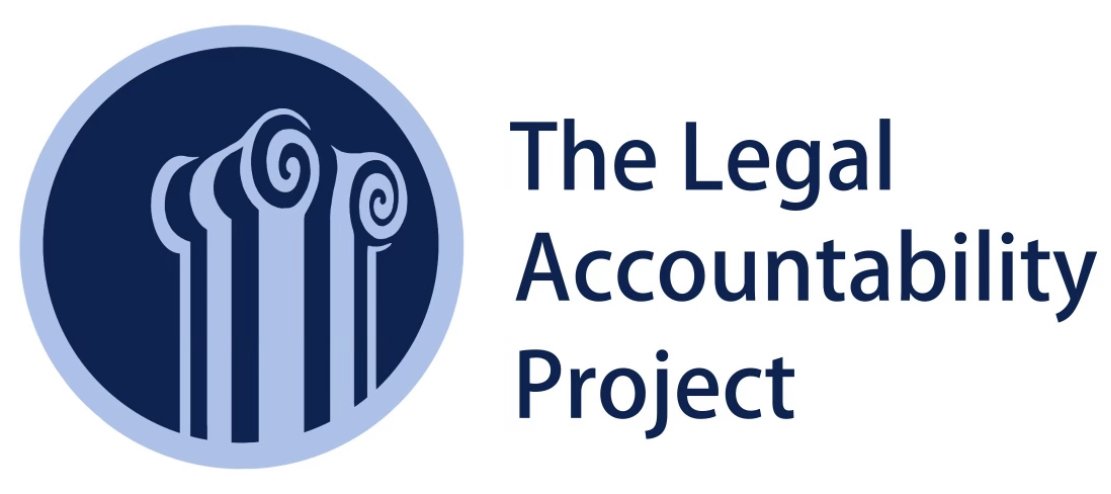How do students actually obtain information about clerkships?
Over the past 16 months, LAP has spoken with more than 70 law schools' deans and clerkship directors about clerkship resources. I’ve also spoken with dozens of federal and state court judges about our initiatives. And I’ve discussed clerking with more law students and current and former clerks than we can count.
These conversations inform LAP’s work, including our post-clerkship survey and Centralized Clerkships Database. Our survey asks questions in a variety of areas to centralize the information that students want to know before applying for clerkships - as well as the information clerks wish they knew before clerking.
I ask clerkship directors and deans not just how the school helps students obtain information about clerkships, but how (and whether) they think students actually obtain this information. I also ask whether information about judges who mistreat their clerks - or who are poor managers - is shared by those who have it (administrators and professors) with those who need it - students. Similarly, in LAP's judiciary conversations, I ask judges how they think students obtain information about them before applying.
Unfortunately, transparent information about judges as managers and clerkship experiences is not uniformly shared with students. Law schools must do better. Students look to their administrations for clerkship resources, and in too many instances, their law schools let them down.
I discussed some troubling trends in clerkship advising that create information gaps and a lack of information-sharing in my recent Columbia Law Review piece - The Clerkships Whisper Network: What It Is, Why It's Broken, and How To Fix It. Here are some of the inefficient and ineffective ways students attempt to access information about clerkships in the absence of a third-party centralized resource like LAP’s Centralized Clerkships Database:
1. Internal Clerkships Database - This is considered the gold standard for clerkship advising, because so few schools maintain them, and they are so closely guarded. The problem? The information about judges is almost uniformly positive, rendering it nearly useless for students seeking candid information about clerkships. That's because law clerk alumni are dissuaded from saying anything negative about judges, fearing reputational harm in the legal community and retaliation by the judges who mistreated them. There is typically no option to submit a survey anonymously, and judges who are alumni have access to these databases, heightening these fears.
2. Post-Clerkship Survey - A handful of schools conduct these. Some but not all make them accessible to students in online databases or hard-copy binders in the Clerkships Office. (The latter option creates a significant access issue.) The same problems with internal clerkships databases apply to these surveys. Additionally, every law school has a ceiling on the number of judges they can keep track of in these surveys, which depends on who alumni have clerked for in the past and their willingness to share information with their law schools.
3. Law school clerkship advising - Clerkship directors and deans maintain some information about judges (albeit limited to the judges in their universes.) However, they have historically been unwilling to uniformly share candid information with students, due to structural barriers in the profession that discourage candid dialogue about workplace mistreatment in the judiciary. These administrators are often "conflicted" about sharing information about judges who mistreat their clerks, with students.
4. Former Clerks - When law schools instruct students to "do their research," they mean that students should reach out to clerks. However, law clerks are notoriously unwilling to share candid information with students who reach out, fearing reputational harm and retaliation. In too many cases, LAP encounters mistreated clerks who spoke with former clerks who did not share their candid experiences during this one-on-one outreach.
5. Law School Alumni Lists - How do students connect with law clerk alumni? Some law schools provide lists - especially if they have robust law clerk alumni networks (many do not). However, these lists are closely guarded, and some clerkship advisors insist on making all introductions themselves, further gatekeeping this important information.
6. LinkedIn Outreach - Another subset of "do your research" advising is cold outreach on LinkedIn. However, LAP routinely encounters students who tried to reach out to current or former clerks on LinkedIn - either from their alma maters or elsewhere - who do not respond.
7. Anonymous Blogs and Other Online Resources - Students obtain incomplete information on anonymous blogs. There are better ways to share more complete information. Students also consult resources like The Robing Room and The Almanac of the Federal Judiciary. However, attorneys who appear before judges share their impressions. While they can speak to courtroom temperament, they cannot speak to chambers culture or judges' treatment of clerks. Judges may act differently behind the scenes with their clerks, when they think no one is watching.
These options are all outrageously inadequate. Law students deserve better, considering the enormous premium the legal community places on clerkships and this position's outsized influence on attorneys' future career success.
The best way to ensure that students have broad, transparent, candid, equitable information about clerkships is to offer clerks an anonymous, third-party option to share first-hand information. No one - not clerkship advisors or deans, not professors, and not attorneys who appear before judges - can speak to the day-to-day realities of the clerkship experience better than current and former clerks themselves.
LAP’s Clerkships Database not only benefits law students, but it also helps clerkship advisors. It takes the onus off them to conduct and review post-clerkship surveys, and decide whether to share information with students, while vastly increasing the amount of information available to them to advise students on their applications.
LAP's post-clerkship survey and Centralized Clerkships Database correct information gaps and empower students with information. If you are a former law clerk and you'd like to help LAP increase transparency, diversity, and equity in the clerkship process, please visit survey.legalaccountabilityproject.org to share your clerkship experience.


